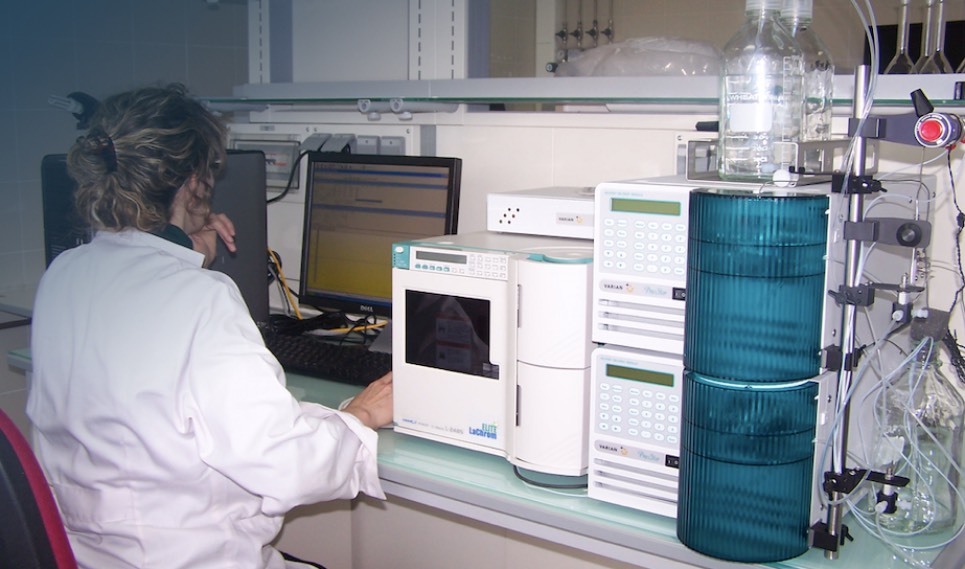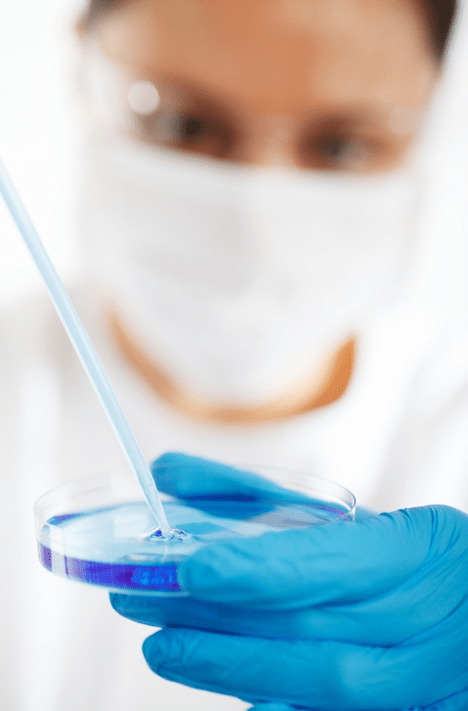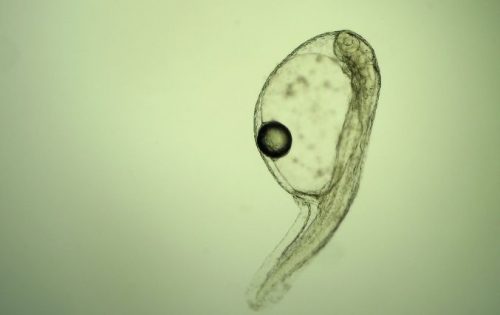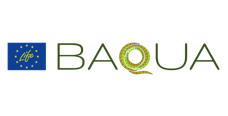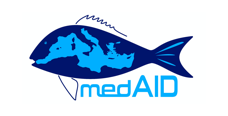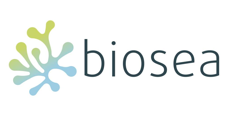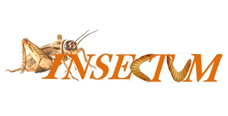Our Laboratories
Our laboratories and research Teams, made up of veterinarians, biologists, chemists and engineers, pursue several lines of action on a daily basis.
On the one hand, they are in charge of monitoring our products and carrying out comprehensive analyses of feed, species and processes:
Our Team analyses fundamental elements of our foods, carrying out sensory testing and analysing their weight, density, diameter, length, closures, flotation, sinking, temperature, hardness and durability.
Our Team also carries out chemical studies, such as the analysis of the nutritional properties of our foods (studying the presence of EPA and DHA, aminogram, calcium, phosphorus and vitamins); analysis of the presence of heavy metals, dioxins and PCBs, pesticides, mycotoxins, TVN, urea, theobromine and amine; and analysis of the water, run off and emissions of our centres and facilities.
Finally, our experts carry out microbiological studies to offset potential problems in some species (such as the presence of salmonella, enterobacteria, E. coli, Vibrio cholera, botulinum toxin, shigella, staphylococcus, streptococci, c. Botulinum and perfringens).
On the other hand, our R+D+i area and our laboratories also participate in various studies focused on the lines of research below:
Design of new feeding formulas.
Preparation of diets for new species.
Development of new manufacturing processes.
Comparison of results at an industrial level.
Improvement of processes and traceability of the production cycle.

